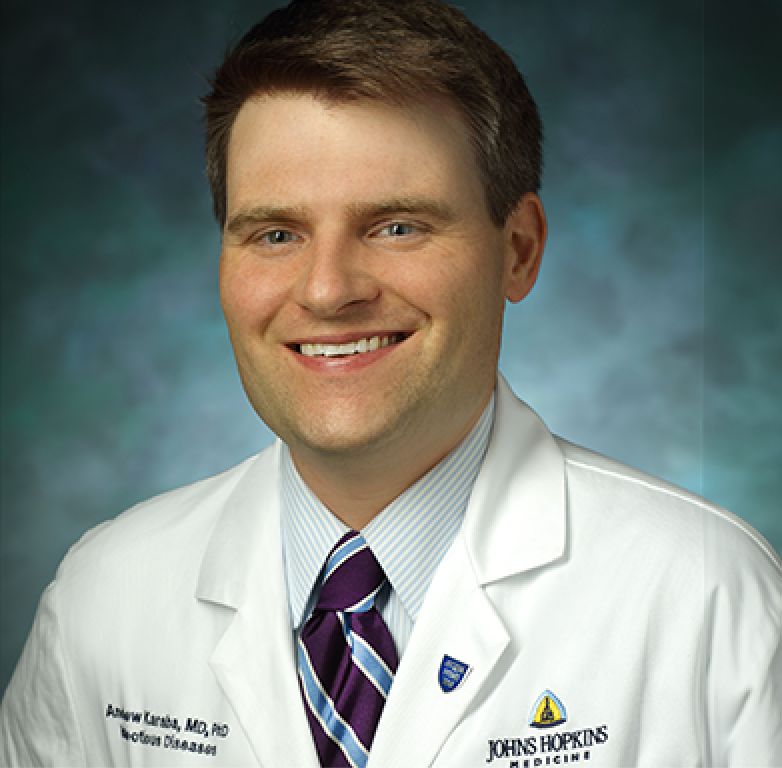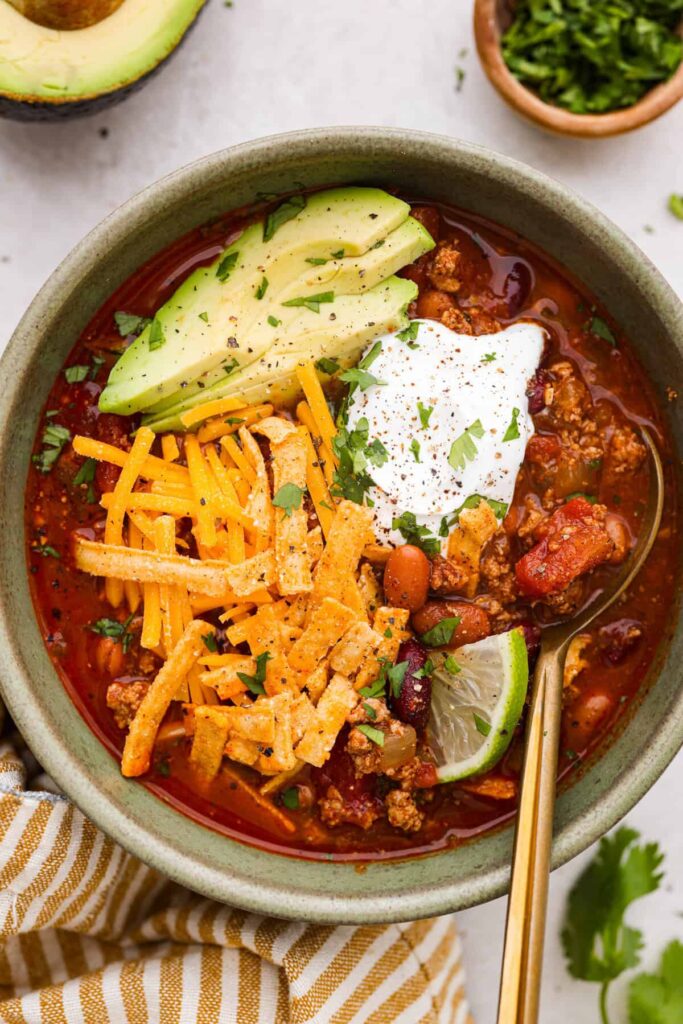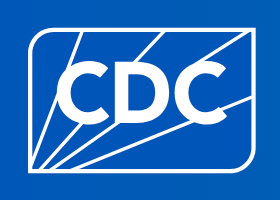Andrew Karaba, MD, PhD
Image credit: Johns Hopkins University School of Medicine

A new study highlights limited seroconversion in 2 of the FDA approved RSV vaccines for seniors who are immunocompromised. “Approximately 40% of immunocompromised participants did not seroconvert or achieve a conservative neutralization threshold post-vaccination,” the study authors wrote. 1
The 2 vaccines studied were GSK’s adjuvanted RSVA-AS01 (Arexvy) and Pfizer’s nonadjuvanted RSVpreF (Abrysvo) vaccines. Study participants included primarily organ transplant recipients and others with immune system disorders.
“Postvaccination, median (IQR) preF IgG rose from 87 292 (64 088-185 854) AU/mL at baseline to 626 280 (210 122-2 112 405) AU/mL at 2 weeks, 439 086 (165 026-1 837 255) AU/mL at 4 weeks, and 464 170 (255 497-2 840 694) AU/mL at 12 weeks,” the investigators wrote. “Median (IQR) 4-week preF IgG fold rise was 4.21 (1.92-13.26), including 23 participants (61%) who achieved seroconversion.” 1
“We found that on average, older adults who are immunocompromised developed fewer antibodies against RSV following vaccination as compared with the very strong responses for healthy people over age 60 seen in the clinical trials used to validate the vaccines,” says study lead author Andrew Karaba, MD, PhD, assistant professor of medicine at the Johns Hopkins University School of Medicine said in a statement.2
The investigators also pointed out the individual participants’ characteristics were similar amongst both groups—those who did achieve seroconversion vs those who did not.
The study was conducted by a research team at the Johns Hopkins Transplant Research Center, and the investigators used an ongoing, Johns Hopkins Medicine-led national study — the Emerging Pathogens of Concern in Immunocompromised Persons (EPOC) — to follow 38 people between the ages of 64 and 72 years of age who self-reported that they are immunocompromised and received either the RSVPreF3-AS01 or RSVpreF vaccine. The study group was evenly split between males and females, with 82% being solid organ transplant recipients and 74% taking 2 or more immunosuppressive medications.2
There have been a number of RSV vaccines for seniors that have been approved over the last couple of years including the previous mentioned vaccines as well as Moderna’s vaccine, mResvia.
They have been shown to be highly efficacious in adults with and without immunocompromised conditions. In fact, the study authors noted in a previous study that the prefusion F (preF)–containing RSV vaccines demonstrated 13- to 14-fold increases in antibody titers 1 month after vaccination and 82.6% efficacy against confirmed RSV-related lower respiratory tract disease.1
The variability in vaccine responses in the immunocompromised can be a bit perplexing, but study senior author William Werbel, MD, PhD, assistant professor of medicine at the Johns Hopkins University School of Medicine, believes one of the reasons for the differences is the role of an adjuvant adding a greater response.
“When we compared the antibody responses between those study participants who received Arexvy with those who got Abrysvo, we found that the group receiving the adjuvanted vaccine tended to have higher levels of RSV-neutralizing, anti-pre-fusion F antibodies,” Werbel said in a statement.
Mounting a Response, More Doses Needed?
It is well-known that individuals with immunocompromised conditions can often have challenges mounting an effective response for COVID-19 vaccines. Contagion covered this topic of limited efficacy recently in one of our roundtable episodes and the potential alternative use of monoclonal antibodies for immunization.
The study’s authors suggest the potential role of more doses in order to reach seroconversion or protective immunity. “Low antibody titers may indicate a role for additional vaccine doses to enhance immune response among immunocompromised persons,” they write.
The investigators pointed out more work needs to be done to be conclusive. “So, adjuvant-enhanced vaccines as a means of improving immune response in people who are immunocompromised merits further investigation in larger, more comprehensive studies,” Werbel said.






